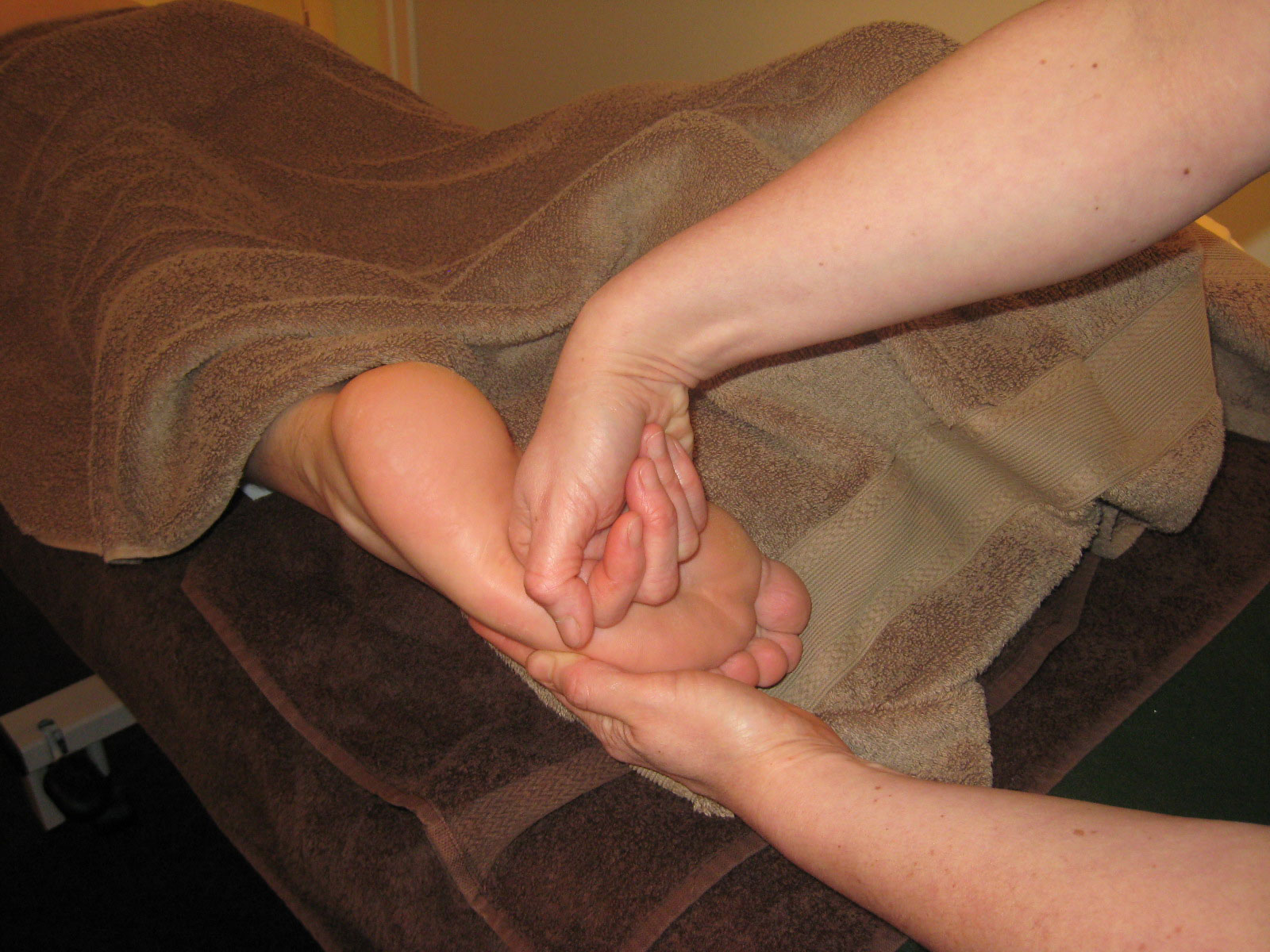
We offer advice and treatment for Plantar Fasciitis / Plantar Fasciopathy in Southend at The Body Matters. Treatments are available from our clinic based in Leigh-on-Sea. We also offer telephone & online support and remote consultations. Call us on 01702 714968 for more information.

What is plantar fasciopathy?
Plantar fasciopathy, previously known as plantar fasciitis, is a pain in the sole of the foot most commonly, although not exclusively, towards the underside of the heel.
Some people can suffer from pain in the mid-arch of the foot, but it is more common under the heel. Plantar fasciitis affects between 3.6 and 7 % of the normal population and around 8% of the running population.
What are the symptoms of plantar fasciopathy?
Symptoms of plantar fasciopathy include sharp or stabbing pain in the bottom of the foot, particularly near the heel. Pain is typically most intense with the first steps in the morning or after prolonged rest, and may improve with activity but worsen later in the day. Discomfort may also be felt after standing, walking, or running for extended periods. Swelling, tenderness, and stiffness in the heel area are common, and the pain can impact daily activities, causing discomfort while standing, walking barefoot, or climbing stairs. Early recognition and treatment are crucial to prevent worsening of symptoms.
What causes plantar fasciopathy?
Plantar fasciitis is caused by straining the part of your foot that connects your heel bone to your toes (the plantar fascia). If you are suffering from plantar fasciitis your GP may refer you to a physiotherapist for treatment and exercises. We can also recommend things like the right shoes to wear and the use of insoles and heel pads.
Risk factors commonly found in patients complaining of plantar fascia pain include:
- Excessive foot pronation (pes planus)
- Excessive running
- High arch (pes cavus)
- Leg length discrepancy
- Obesity (body mass index greater than 30 kg per m2)
- Prolonged standing/walking occupations (e.g., military personnel)
- Sedentary lifestyle
- Tightness of Achilles tendon and intrinsic foot muscles
Plantar fasciitis is an overuse injury. The causes of this can be a number of things but ultimately the more categories you find yourself in, the more likely you are to suffer from the condition. It has a natural history and will resolve completely independently even without intervention. The problem lies in how sore it can be, and how long that natural history is (around 8-10 months).
- Incorrect footwear applying pressure on the arch
- Tight calf muscles
- Flat feet
- Running on hard surfaces i.e. road running
- Overuse/overtraining
- Incorrect training or gait
The plantar fascia is a tough tissue that runs from the bottom of your heel to the ball of your foot. Its role is to cushion the bones in your feet and support the arch itself.
The process that develops into Plantar Fasciopathy is still poorly understood. As it progresses there is not necessarily pain or discomfort so individuals are blissfully unaware that things are happening at the heel. The pathophysiology is that the collagen fibres of the plantar fascia become disrupted by a repetitive load.
How long does it take to recover from plantar fasciopathy?
Recovery from plantar fasciopathy varies based on severity and treatment. While some may experience relief within a few weeks with rest, stretching, and proper footwear, others may require several months of comprehensive therapy. Factors like adherence to treatment, underlying health conditions, and lifestyle modifications influence recovery time.
Can plantar fasciopathy recur?
Plantar fasciopathy can recur, particularly if underlying causes and risk factors are not addressed. Factors like overuse, biomechanical issues, improper footwear, and inadequate rehabilitation increase the likelihood of recurrence. Even after successful treatment, vigilance in maintaining proper foot health and adhering to preventive measures is crucial. Regular stretching, wearing supportive footwear, managing activity levels, and addressing any biomechanical abnormalities can help reduce the risk of recurrence. Monitoring symptoms and seeking prompt treatment at the onset of discomfort can also prevent the condition from worsening or recurring.
What treatment is available for plantar fasciopathy?
Rest is the key ingredient to help reduce inflammation but this is easier said than done. With Plantar Fasciitis rest means no walking or running.
Stretching the plantar fascia and intrinsic muscles of the foot is one way that appears to help pain levels.
Finally and most likely the more obvious answer is to see a therapist! Don’t try the internet diagnosis and treatment method and don’t speak to a friend that had it once and go by their example. Everyone is an individual with a different severity or timescale to the injury not to mention lifestyle. Sometimes even age and gender come into it. Ultimately seeing a qualified professional even for one time will point you in the right direction for fixing up that injury, knowing where it’s at in the healing process and while you’re there; help promote the blood flow to the site of injury with massage for healing quality and efficiency.
If you think you have this very painful condition, then please get in touch with the clinic for up-to-date advice and management strategies.
Remote Consultations Available
We continue to use remote consultations to provide our services without physical interaction, if required, by shifting some appointments to video consultations.
Read our Remote Consultations page for more information.
Call 01702 714968 for more information about treatment for plantar fasciopathy in Southend-on-Sea & Leigh-on-Sea Essex at The Body Matters.


